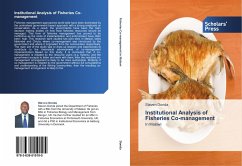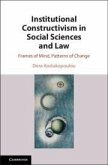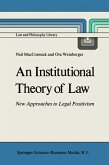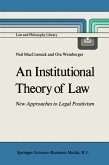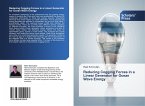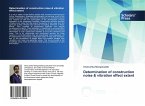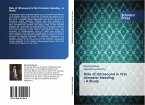Fisheries management approaches world-wide have been dominated by the centralised government based approach with a strong emphasis on conservation. As a result, the governments have been the main decision making bodies on how most fisheries resources should be managed. This form of fisheries management has proved to be ineffective as the costs of implementation and enforcement have often been high, This research work studied two pilot sites in Malawi, lakes Malombe and Chiuta, where co-management was introduced by the government and where it originated from the communities respectively. The main aim of the study was to draw up lessons and experiences to contribute to the theoretical advancement of co-management implementation. Based on this study, it is concluded that, if co-management is initiated by the resource users (e.g. fishers), and the government accepts to listen and work with them, then the resultant co-management arrangement is likely to be more sustainable. Similarly, if co-management is initiated by the government without full consultations and understanding of the fishing communities, then the resulting co-management arrangement is likely to fail.
Hinweis: Dieser Artikel kann nur an eine deutsche Lieferadresse ausgeliefert werden.
Hinweis: Dieser Artikel kann nur an eine deutsche Lieferadresse ausgeliefert werden.

